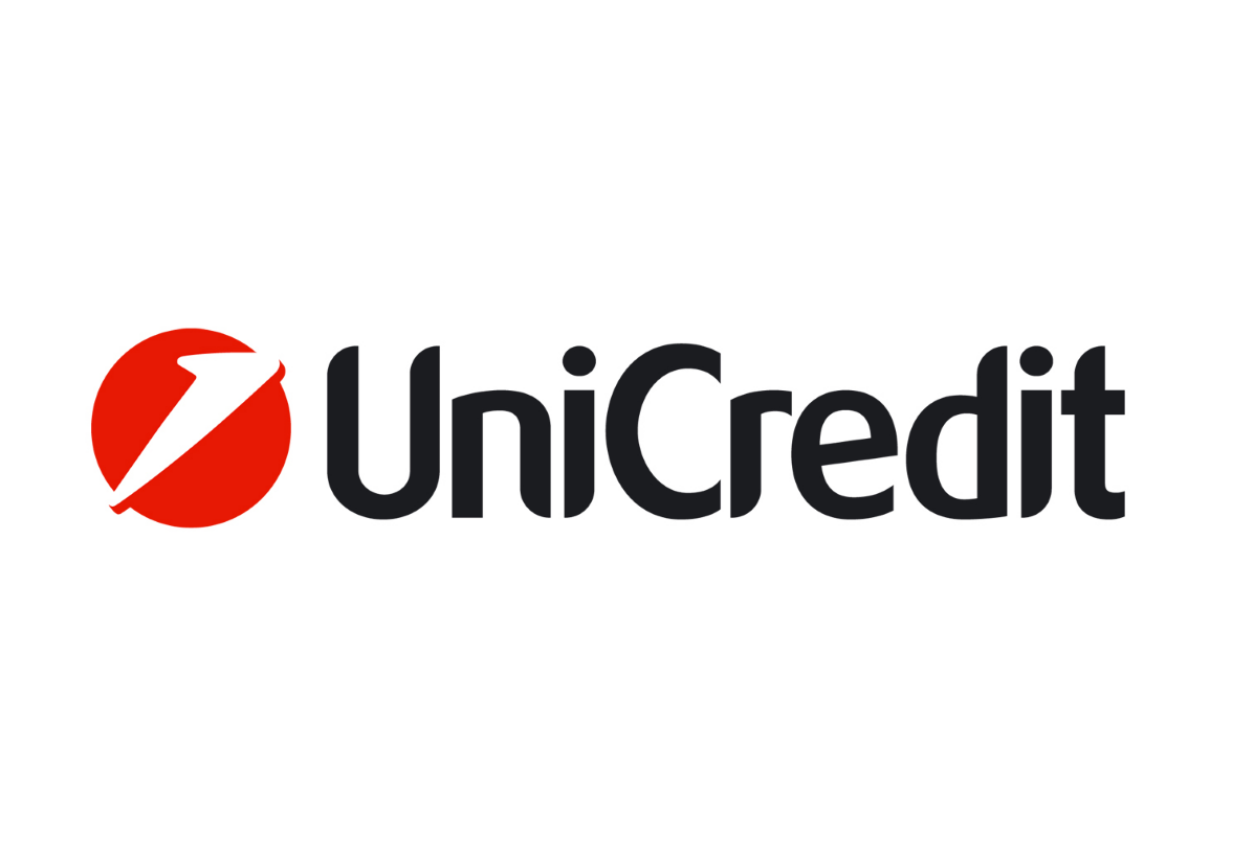Revolut has revealed that it is using a point-based system to incentivise good risk and compliance behaviour across its workforce.
The proprietary system tracks staff engagement with risk and compliance processes, with employees gaining or losing points based on their behaviour.
These points are linked to how much staff get in bonuses, with the British neobank saying that it has built a healthy risk and compliance culture through establishing a “clear link” between employee behaviours and risk outcomes.
Revolut said that the system, called Karma, covers over 30 risk and compliance processes – serving as both a feedback loop that rewards and corrects behaviours and a risk and compliance culture oversight tool that enables the bank to prioritise key developments.
The company, which secured its long-awaited UK banking license last year, added six new sources to Karma over the course of 2024 as part of its continuous enhancement of the system.
In its financial report for 2024, the company said that it had expanded the system's coverage to tackle growing complexity at the FinTech.
Last year, the company’s customer base grew by 38 per cent to 52.5 million globally.
The company’s record growth helped to drive a 149 per cent hike in profits to $1.4 billion during the 12-month period, marking the fourth consecutive year of net profitability.
Nik Storonsky, chief executive of the challenger bank said that 2024 marked a "landmark year" for Revolut, with the company onboarding 15 million new customers. He added that Revolut's customers also engaged with a wider range of its services across retail and business last year.
"This powerful combination directly fuelled our record growth, and our technology-driven operating model translated this into record profitability," continued the chief executive. "This performance earned us the status of Europe's most valuable private technology company, reflecting the confidence of existing and new investors in our trajectory."
The company said that it has also enhanced its governance and compliance functions though a 30 per cent increase in the risk function, alongside new NED appointments to Revolut's UK and EU Bank Boards.
In 2025, the business said it is prioritising the formal launch of its UK and Mexico banks.
Revolut is also aiming to achieve 100 million daily active users across 100 countries this year, with the Storonsky saying that it is making "strong progress" towards this target due to growth in the UK, Europe, and its expansion markets.
Latest News
-
Gemini to cut quarter of workforce and exit UK, EU and Australia as crypto slump forces retrenchment
-
Bank ABC’s mobile-only ila bank migrates to core banking platform
-
Visa launches platform to accelerate small business growth in US
-
NatWest to expand Accelerator programme to 50,000 members in 2026
-
BBVA joins European stablecoin coalition
-
eToro partners with Amundi to launch equity portfolio with exposure to ‘megatrends’
Creating value together: Strategic partnerships in the age of GCCs
As Global Capability Centres reshape the financial services landscape, one question stands out: how do leading banks balance in-house innovation with strategic partnerships to drive real transformation?
Data trust in the AI era: Building customer confidence through responsible banking
In the second episode of FStech’s three-part video podcast series sponsored by HCLTech, Sudip Lahiri, Executive Vice President & Head of Financial Services for Europe & UKI at HCLTech examines the critical relationship between data trust, transparency, and responsible AI implementation in financial services.
Banking's GenAI evolution: Beyond the hype, building the future
In the first episode of a three-part video podcast series sponsored by HCLTech, Sudip Lahiri, Executive Vice President & Head of Financial Services for Europe & UKI at HCLTech explores how financial institutions can navigate the transformative potential of Generative AI while building lasting foundations for innovation.
Beyond compliance: Building unshakeable operational resilience in financial services
In today's rapidly evolving financial landscape, operational resilience has become a critical focus for institutions worldwide. As regulatory requirements grow more complex and cyber threats, particularly ransomware, become increasingly sophisticated, financial services providers must adapt and strengthen their defences. The intersection of compliance, technology, and security presents both challenges and opportunities.
© 2019 Perspective Publishing Privacy & Cookies














Recent Stories